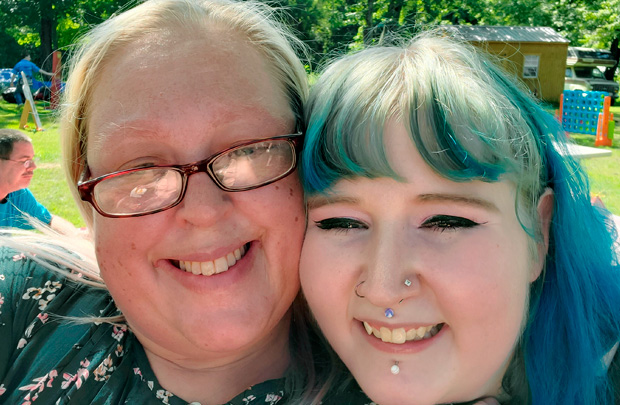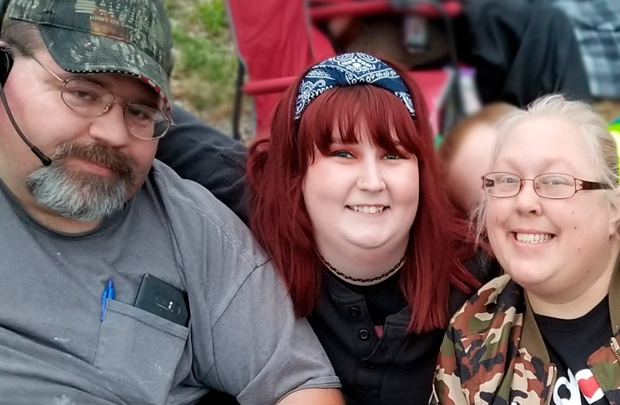
We thank Rebecca for sharing eight lessons she’s learned over the last decade as a foster parent and mother of a teenage daughter.
1. Treat the birth parents with respect
The majority of kids in foster care will ultimately be reunified with their birth parents. If you support birth parents and treat them with respect, it helps them and it lessens the trauma of the child when they go home.
2. Be flexible—and even adventurous!
When I started fostering I thought, I’ll be firm! Children in my care should be on the honor roll and make their bed every morning! I was wrong. I quickly realized that I needed to bend and meet them halfway—at least. I learned that if one thing doesn’t work, try something else. One of our little boys was fascinated with my husband’s tools. He kept scattering them all over the house. Asking him to stop got us nowhere. So we bought the little guy his own little set of tools, and that took the tension off. When my teenage daughter was really into styling hair, I had rainbow colored hair. Not because I wanted it, but because getting our hair done was something that we could do together.
3. Use your resources and accept advice
Listen to the suggestions and, yes, constructive criticism you’ll hear from workers and counselors. Take every training about trauma-informed care that comes your way—and call for help when you need it! Last month, one of my boys climbed up a tall bookcase and it fell over. He was not hurt but was hysterical, and I was upset to see all of things I’d collected since I was eight years old lying broken on the floor. I walked out the front door, stood on the porch, and called his counselor. She told me to take a deep breath, realign my tone, and go back in the house to calm him down. It seems like something I could have figured out, but at that moment, I needed help. And it worked!
4. Do not react
For kids in care, so much of the attention they’ve received has been negative, so that can be what they are looking for. I’ve had kids try to shock me by telling me about bad things they’ve done or asking off-the-wall questions they think I won’t answer. When I don’t get flustered, and I offer an age-appropriate response, it makes them take a step back. And, ultimately, I think it builds trust, so that when they truly do have an uncomfortable question or situation to share, they come to me.

5. Include them!
This is one of my biggest things. When I was growing up, I had foster parents who would leave me at home when they went on vacation with their bio kids and make me buy my own clothes or pay for my own haircut. That was a long time ago. And it sure gave me a good work ethic! But I still see people saying things like “my foster kid” or treating them in ways that make them feel left out or different. And no kid wants that.
6. Acknowledge your limits
You are not a super woman or Superman. It’s OK to have limits, to seek help, to get respite care. You will not be judged. Taking a break, and taking care of yourself, will make you a better parent.
7. Know that you are making a difference
The first time that I had to let a child go, I was crushed. I told an older couple I knew who had been fostering for 20 years that I was thinking about giving up. Their advice opened my eyes, and I’ve shared it with dozens of people since that day. They said: “You will cry for a week, but these children may have cried for a lifetime. You showed them love and instilled something in them that could break the cycle in the future.”
8. When you are planning to adopt, don’t overlook older kids!
People think that if they adopt a teen, they’ll miss out on the family traditions and all of the “firsts” you experience with little kids. I adopted my daughter when she was 14 years old. She embraced the traditions I hold dear, and we’ve shared so many firsts—first boyfriend, first heartbreak, first driving lesson… I’ll be there on her wedding day, and you know what? I’ll be the first person to tell her how beautiful she is.